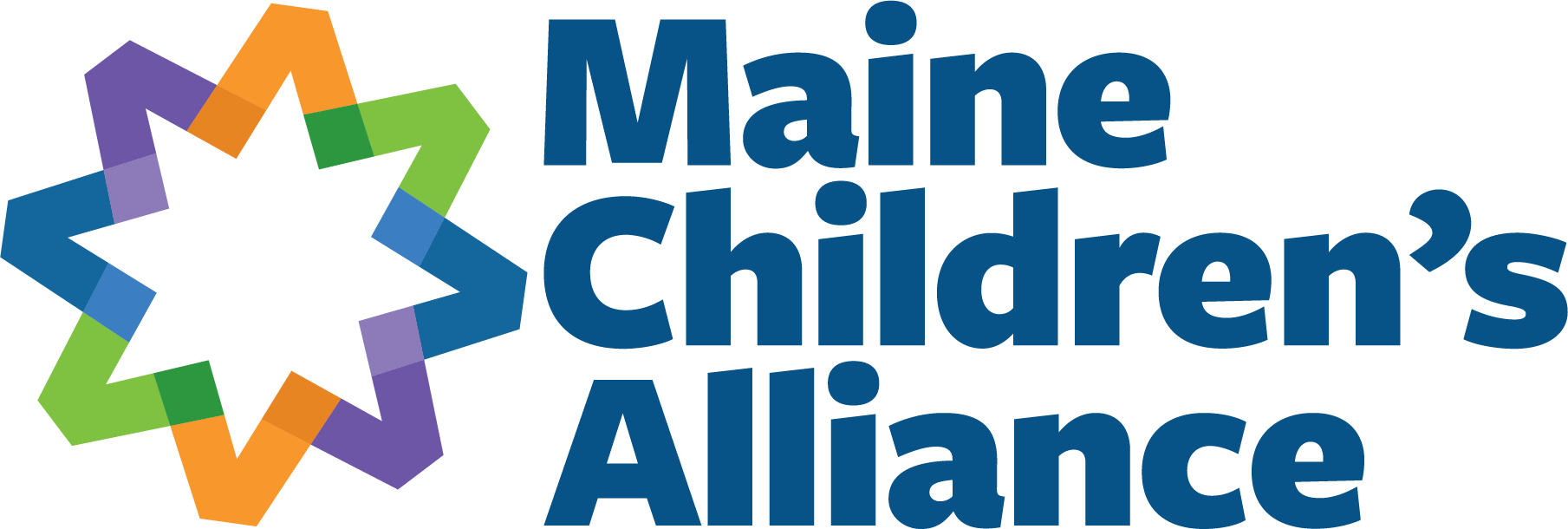Trends in demographic data represent both challenges and opportunities for Maine to achieve the goal of being a thriving place for all to live, work, and raise a family. With the oldest population in the nation, Maine faces the challenges of caring for older adults and meeting its current and future workforce needs. On the positive side, migration to Maine by people from out-of-state and shifts in racial representation are contributing to a decline in the median age, as well as younger and more diverse communities. By recognizing the trends in our population, we can better plan for the programs, services, and systems that will ensure greater long-term social and economic prosperity for children, families, and our state.

